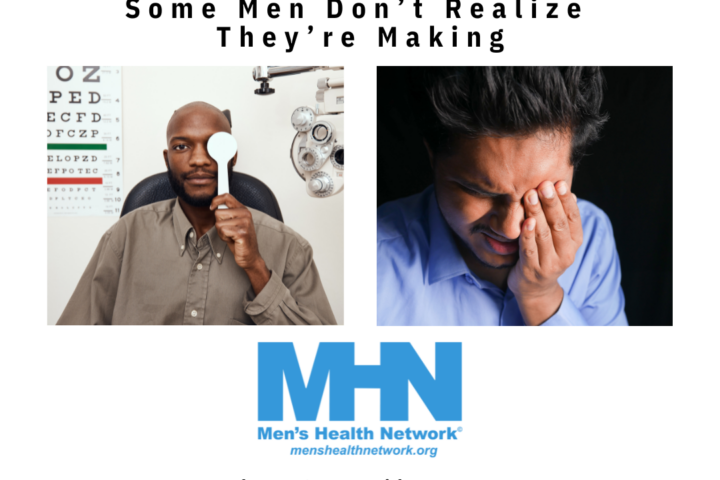When I began the research for The Boy Crisis some eleven years ago and discovered that boys in more than 60 of the largest developed nations were falling behind academically, and in mental health (e.g., suicide; shootings); physical health (e.g., sperm count, IQs); and in preparation for employment, I naturally wondered why this was the case. I was able to identify 10 causes. But one cause consistently surfaced as more pivotal than the others: minimal or no father involvement. What I came to call “dad-deprivation.”
Developed nations, it turns out, were indirectly fostering dad-deprivation in two ways: More permission both for divorce, and for children being born to unmarried mothers. And in both these groups there is a wide gulf between the welfare of dad-deprived boys versus the welfare of boys with significant dad involvement—or “dad-enriched” boys.
Boys who are dad-enriched do better in school even when they come from “poorer” schools in poorer areas; they are less likely to have ADHD and are more empathetic. In contrast, dad-deprivation was more important than any other factor in predicting a boy overdosing on drugs (e.g., opioids) or committing suicide. Dad-deprived boys are much more likely to drink excessively, be bullies, drop out of school, be alienated, and rudderless. I was ultimately able to identify more than seventy 70 ways that dad-enriched boys were able to channel their testosterone constructively, even as dad-deprived boys channeled their testosterone destructively. The result? Our prisons are centers for dad-deprived boys and men. These boys hurt.
And boys who hurt, hurt us. Twenty-six of twenty-seven of the deadliest mass shootings (between 8-58 people killed) were conducted by dad-deprived boys or men. And ISIS recruits are almost all dad-deprived—not only the boys, but also the girls.
So what are the five “must do’s” for a biological dad and mom (whether married or not) to give their child (boy or girl) the best chance of doing well?
- Approximately equal time with both parents (more important when not married);
- Married parents living together, or unmarried parents living within about 20 minutes of drive time from each other;
- No bad mouthing (especially if divorced);
- Consistent couples’ counseling (especially if divorced);
- “Checks-and-balance parenting”
Checks-and-balance parenting means giving equal credence to the natural tensions between mom style and dad style. For example, most of us already know that mom style is more likely to involve considerable nurturance, vigilance and protection of the child. Few of us know dad style, or its importance.
Dad-style more often includes these ten behaviors:
- walking a fine line between safety and risk-taking
- juggling the roles of player and coach during play
- being creative, spontaneous, and silly
- being less likely to set boundaries, but more likely to enforce the boundaries they set
- Immersing children in camping and nature, and encouraging independent exploration while providing a safety net
- Roughhousing
- Letting children wrestle, climb trees or do other activities that could result in minor injuries, while protecting against major injuries
- When playing with their children, allowing them to lose when they are not trying to their maximum capacity;
- Challenging the kids’ limits;
- Teasing
Because most dad-style behaviors are less directly protective, it takes time for the children to see how their dad is loving them by, for example, beating them at a game when they are not trying their hardest. So dads tend to be of greatest benefit to children when they have considerable “hang out time” with them. This is especially true for girls.
Each of these ten behaviors—plus “hang-out time”—are pivotal for positive child development for different reasons. I included these reasons in The Boy Crisis so that as a dad listens to the mom express the value of her mom-style parenting, that he can also articulate the value of his dad style. Moms can’t hear what dads don’t say.
When both a mom and dad hear each other’s best intent with equal respect, and then negotiate the best blend for a given situation, the result is the checks-and-balance parenting that becomes their child’s best inheritance.
This is the sixth in our ongoing series on fatherlessness.
This article first appeared on The Daily Caller.
Photo by Caroline Hernandez on Unsplash




